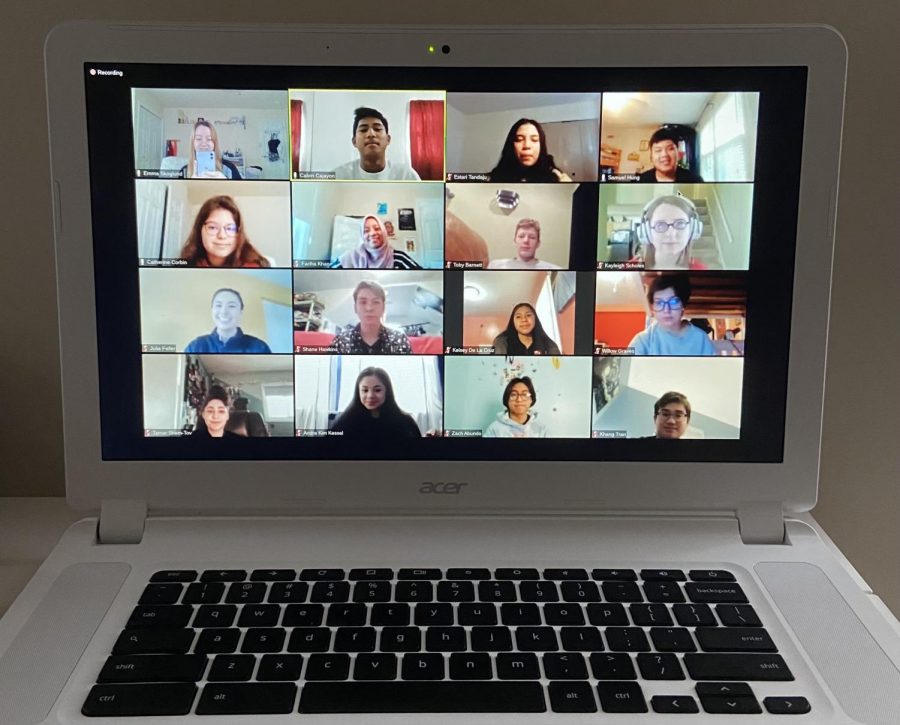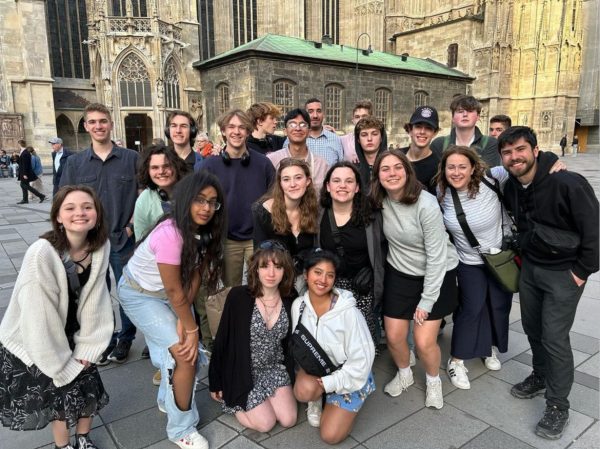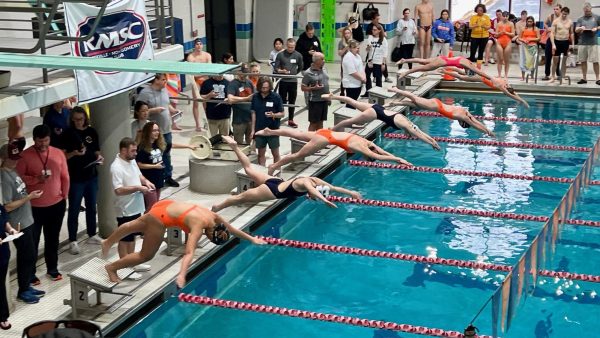RHS Clubs Adapt to Virtual Learning Environment
Forty two members of the RHS Key Club met Dec. 22 over Zoom to discuss opportunities for service learning hours.
To accommodate virtual schooling, RHS clubs have made changes in meetings and activities to allow more flexibility for students. However, despite modifications, clubs face different levels of engagement than they have in previous years.
In order to gauge student availability, RHS sent out a Club and Organization Registration form Sept. 22, which allowed students to sign up for clubs and share preferred meeting times. Students had the option of scheduling meetings during lunch, after school or during the designated advisory period on Fridays.
However, without the ability to hang posters in the school hallways and encourage people to join clubs in person, clubs shifted to advertising through platforms like Instagram and school announcements. Clubs also use message reminders to keep members engaged and updated. Online advertising has helped some clubs get an increase in enrollment numbers.
“This is the highest the club’s attendance has been in the last four years, and more people keep joining slowly,” senior and president of Key Club Sammy Hung said.
While some clubs have gained members, others struggle to recruit a similar number of participants compared to previous years.
“It is more consistent with the amount of people, but there are definitely less people attending this year,” senior and president of Asian American Club Dawa Dolkar said. “It is easier to drop-in a class during lunch than joining a Zoom link on time.”
In addition to fluctuating members, clubs struggle to host annual activities because of the restrictions of a virtual setting. For clubs that participate in yearly events, like Key Club, it is more difficult to get engagement from members and the public.
In the past, the Trick or Treat for United Nations International Children’s Emergency Fund—a Key Club fundraising event for children in need—collected money in person. However, this year due to COVID-19, they collected donations online and raised $340; much lower than the $939 raised last school year.
“We are not able to interact with our members on a personal level,” Hung said. “Our plan is still going to be to get as much participation from our members as we can.”
The Asian American Club cancelled all of their in-person activities like dance practices, visiting restaurants, performances and other physical engagements. Instead, to keep students involved during zoom meetings, members play kahoot games, watch videos, make cultural presentations and create music playlists. Asian American Club officers are still looking for alternative options to replace the activities they are missing this year.
“We’re just trying to do the best we can to digitize everything we usually do in person,” Dolkar said. “For activities that are utterly impossible, we try to make up for it with other new activities.”

Emma Skoglund is a junior at RHS. She is starting her first full year on the Rampage after taking Intro to Journalism last year. Emma is a staff writer...









